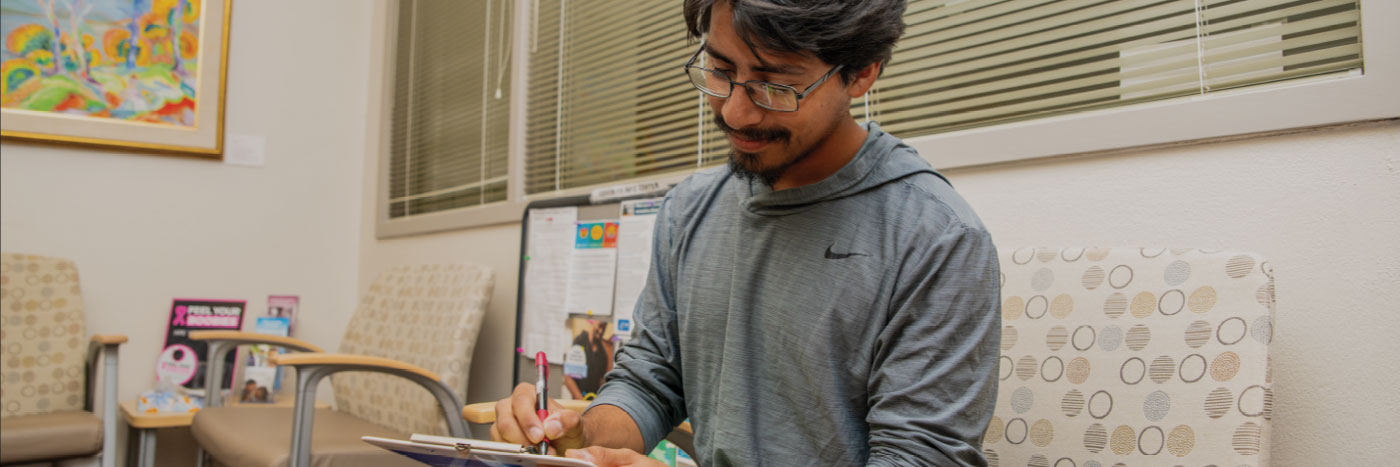
Morningside has resumed normal operations
Monkey Pox Information at Morningside
Monkeypox is a virus in the same family as the variola virus, the virus that causes smallpox. Its symptoms are similar to smallpox, but monkeypox is less severe and rarely fatal. More information is available from the CDC.
Signs or symptoms consistent with monkeypox can include fever, chills, fatigue, headache, sore throat, nasal congestion, muscles aches/backache, swollen nodes and a rash that may be painful or itchy. Within one to three days after the appearance of fever, a rash will develop, often beginning on the face and then spreading to other parts of the body. The rash will eventually dry up and fall off. Symptoms typically last two to four weeks. It usually takes seven to 14 days from the time of infection for a person to start feeling symptoms of the disease, but the incubation period can also range from five to 21 days.
The CDC says that most people with monkeypox in the current global outbreak generally report having close, sustained physical contact with other people who have monkeypox. Anyone who has been in close contact with someone who has monkeypox can contract it and should therefore take steps to protect themselves.
The CDC offers these prevention tips:
- Avoid close, skin-to-skin contact with people who have a rash that
looks like monkeypox. not touch the rash or scabs of a person with monkeypox. - Do not kiss, hug, cuddle or engage in sexual activity with someone who has monkeypox.
- Avoid contact with objects and materials that a person with monkeypox has used.
- Do not share eating utensils or cups with a person with monkeypox
- Do not handle or touch the bedding, towels, or clothing of a person with monkeypox.
- Wash your hands often with soap and water or use an alcohol-based hand sanitizer, especially
before eating or touching your face and after you use the bathroom. - The CDC’s suggestions for safer sex and social gathering practices may be found here.
Students who believe they might have monkeypox should isolate themselves, stay at their residence, and call Student Health at 712-274-5178 for evaluation and instruction.
Any student who is experiencing monkeypox symptoms or believes they may have been exposed to someone with monkeypox should quarantine in place and call Student Health at 712-274-5178. (Monday-Thursday 7:30-1:30 or Friday 7:30-11:30) or call Siouxland District Health, Monday-Friday from 8:00 – 4:30 at (712) 279-6119. After hours, please remain in your residence until you can connect with either St. Health or Siouxland District Health. A staff member will take their information and determine if testing is needed. Morningside’s protocol for monkeypox emphasizes the health and safety of affected students as well as the campus community. We will work closely with individual students who test positive to provide appropriate support.
Please note that as more information about monkeypox becomes available, Morningside University’s protocol is subject to change.
Questions about Morningside’s protocol for monkeypox may be directed to
studenthealth@morningside.edu
Where can I get tested for Monkeypox?
Locally, tests are performed Siouxland District Health, Monday-Friday from 8:00 – 4:30 at (712) 279- 6119 or https://www.siouxlanddistricthealth.org/disease-prevention/monkeypox-vaccine- eligibility
If the test is positive, the individual should isolate according to CDC guidelines at their permanent residence or at a location off-campus. The isolation period is determined by current CDC guidance and at present can last more than one month after the positive test result is received. Individuals who believe that extenuating circumstances may prevent them from returning to their permanent residence should contact Morningside Student Health.
General Monkey Pox Info
Morningside is open and operating using the protocols outlined on this page. We will continue to follow guidelines and recommendations from the State of Iowa and public health officials to adjust operations accordingly. Morningside may ask those who choose not to abide by the guidelines and protocols outlined on this page to leave the premises. If you have any questions, please use our contact form and we will respond to your inquiry.
